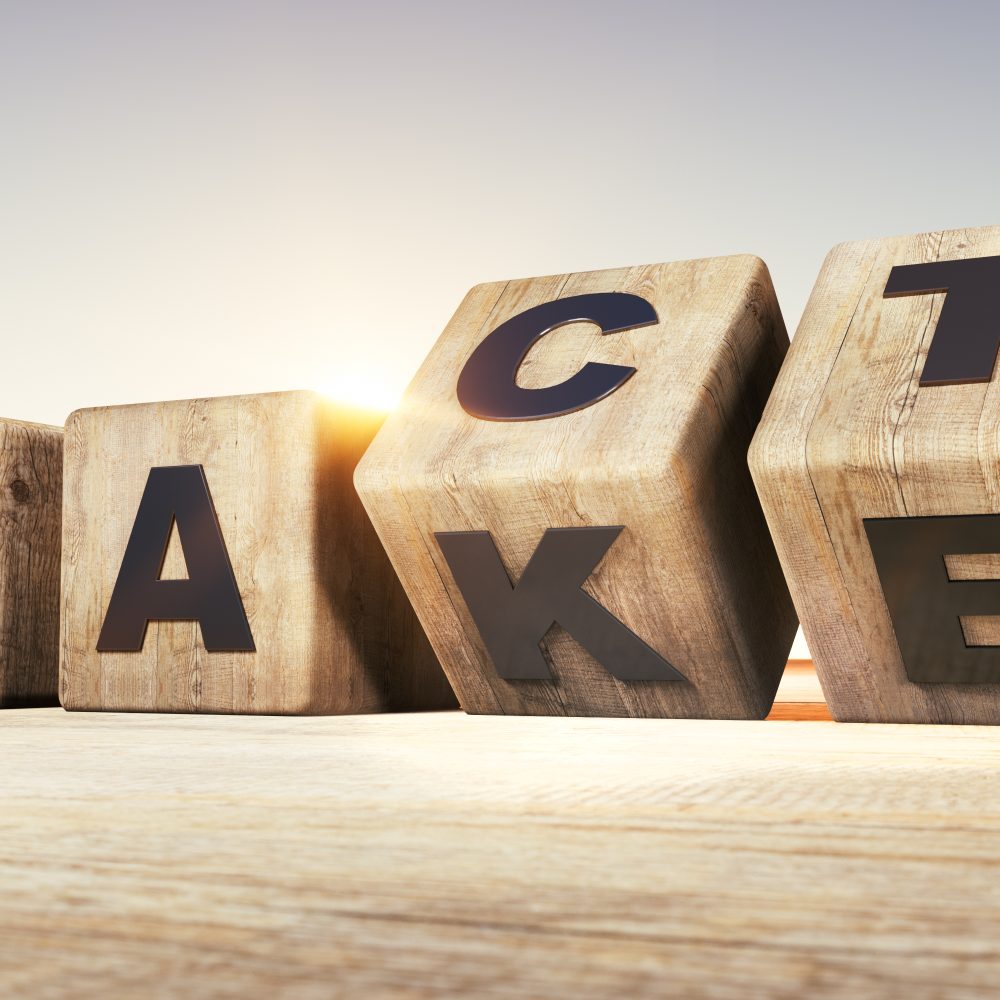
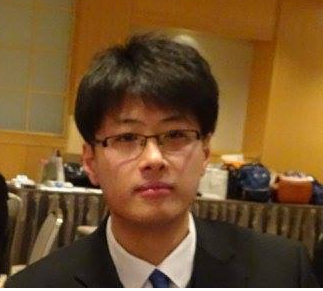
Attention-Gaining Fact Checking and Its Potential in the Era of “Information Warfare”
Jaeun YUN
(Specially Appointed Researcher, Institute for Peace and Community Research, Rikkyo University; Visiting Fact Checker, NEWSTOF (Korea))
January 27, 2023
In recent years, it has become easier for misinformation to spread on the Internet and SNS, and there has been much interest in countermeasures against this problem. However, in a democratic system, it is difficult for state institutions to verify and expose all such activities. Intervention by state agencies may lead to a regression of the freedom of expression. However, some misinformation includes disinformation1 aimed at social disruption by domestic and foreign political forces, and it is not always sufficient to leave this to the self-cleansing mechanisms of the free speech space alone. This is where “fact-checking” by the media comes into play. Fact-checking reporting is a means of countering disinformation without the involvement of state agencies, which can result in violations of the freedom of expression. It also helps to maintain the space of free speech.
StopFake2, launched in Ukraine in 2014 in response to Euromaidan, is one such example. Currently, StopFake is fighting against repeated disinformation efforts from the Russian side (Figure 1). It denies the Russian media’s characterization of the Bucha massacre as a hoax and provides evidence for this in a variety of languages. Fact-checking reporting, which initially emerged as a new journalism movement, is playing an important role in cybersecurity.
Figure 1: StopFake Pointing Out Russian Fake News
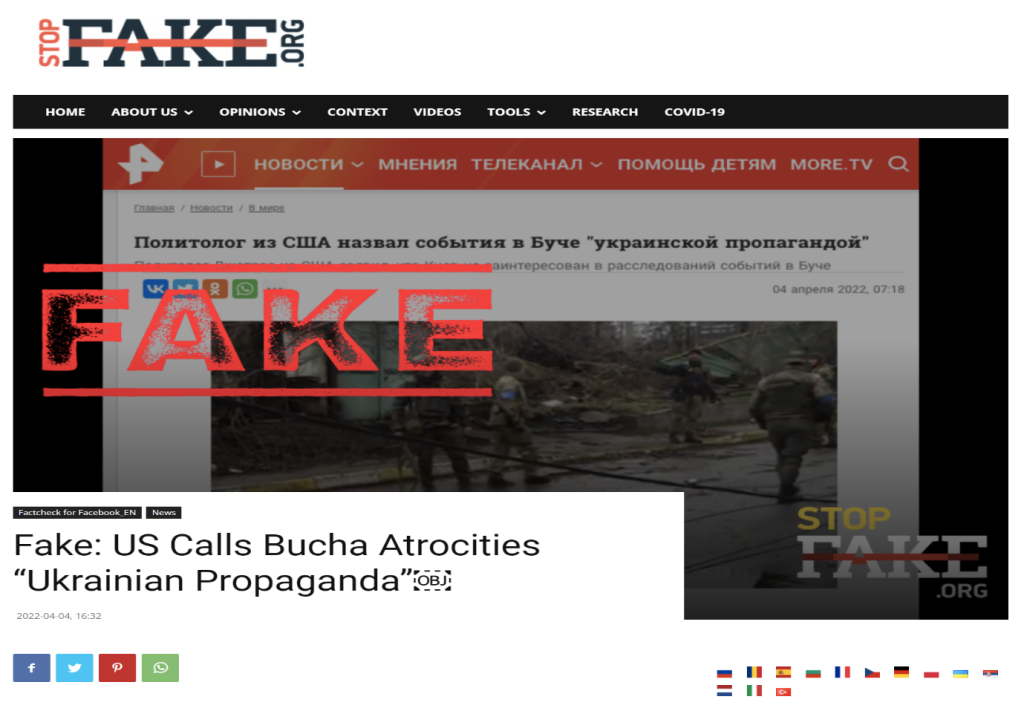
Source: StopFake. “Fake: US Calls Bucha Atrocities ‘Ukrainian Propaganda,’”
https://www.stopfake.org/en/fake-us-calls-bucha-atrocities-ukrainian-propaganda/
(accessed on June 20, 2022)
This paper first reviews the cases of misinformation (some of which was disinformation) and social confusion that spread in Japan in the early days of the COVID-19 pandemic, and then outlines the history of fact-checking reporting as well as the efforts of the Korean media.
The claim that “more testing will destroy health care” not verified by the media
In March 2020, when COVID-19 infections began to spread in Japan, there was a bizarre discourse in the Japanese legacy media (newspapers and television) and on SNS. The argument was that “medical care would collapse if PCR-tests to confirm COVID-19 infections were indiscriminately increased.” The reasons given were the back-then rather unfamiliar terms of “false negative” and “false positive” test results, concretely stating that infected people were rushing to hospitals to be tested, even as infected people with false-negative results were walking around in the streets without any worries.3
The claims were retweeted or echoed on Twitter and received attention in newspapers and on television. When some experts countered that the testing system should be expanded to the maximum extent possible, this did not gain any resonance. In a similar context, an unsubstantiated claim that Korean-style “drive-through inspections were dangerous” was circulated, only to be later corrected by the persons who made the statement4. By contrast, similar claims were not found in the Korean media and SNS, where infections had spread sooner. Neither did the aggressive increase in the number of tests particularly cause a collapse in medical care. In Japan, however, the peculiar discourse “increased testing = medical care collapse” spread rapidly.
As of June 2022, two years later, there is no longer anyone in Japan who wants to be tested for corona but is unable to do so. Despite the fact that the Tokyo Metropolitan Government began offering free testing (in December 2021) at the time of rapid spread of infections by the Omicron strain, nothing has happened to substantiate the claims of those who argue for test suppression. Rather, it is “asymptomatic people” who are targeted for testing5. If the media had compared the test suppression arguments with the situation overseas from the beginning and examined the situation frequently, some of the confusion surrounding PCR-testing might have been avoided.
At the time when the call for the number of tests to be reduced was rampant, the Japanese government was expanding its testing system; however, it did not actively oppose that call.6 The reason for the insufficient amount of testing is still unclear, but for the Japanese government, which had inadequate measures in place, the view that testing should be reduced was rather convenient. Many in the Japanese media presented these calls as a valid argument rather than a subject to be examined, resulting in the calls being promoted as such.
Fact-check reporting was born as an attempt to overcome this kind of reporting. In other words, rather than simply passing off a particular narrative as “an expert’s claim” or “a government official’s explanation,” the reporters cite a variety of experts and documents to verify whether or not there is evidence to support that claim.
Fact-check reporting emerged in the 2000s as US journalists reflected on their previous political and policy reporting. Rather than aiming for mere “objective reporting,” the focus was on proactively verifying the truth behind statements and information, and overcoming the “he said, she said” practice of the past.7 There was also a reflection on the “weapons of mass destruction (WMD)” reports that had triggered the Iraq War but had never been found, and a concern about the rapid proliferation of unsubstantiated claims that circulate during election periods. The emergence of a powerful challenger such as Donald Trump (the so-called “post-truth” era) shook the movement for a time, but even today the major fact-checking coverage continues to be resilient.8
The “Fact-Check Boom” in the Korean Media
Since the 2010s, there has been a “fact-checking boom” in South Korea, inspired by the new journalism in the US. JTBC, a TV station created in 2011, incorporated a fact-checking section into its news programs three years later. It began covering a variety of topics every day for five or more minutes.9 Sometimes it would spot and explain the fallacies of government statistics, and other times it would verify untruthful information spread on SNS. These efforts attracted the attention of Bill Adair,10 a professor who conducts research on fact-checking at Duke University,11 and were featured in the Washington Post.12 Later, JTBC also gained attention for the scoop that led to the impeachment of President Park Geun-hye.
Beginning with JTBC, fact-checking reporting took root in Korea, especially in the legacy media. All terrestrial TV stations have set up specialized departments to incorporate fact-checking into their news programs, while newspapers have also begun to do the same through Internet news without volume restrictions. The 2017 presidential election, following the impeachment of Park Geun-hye, saw countless fact-checking reports on presidential candidates. Therefore, 2017 is known today as the “first year of fact-checking.” Back then, the Korean Election Commission identified 38,657 cases of so-called “fake news,” which was five times as many as during the election five years earlier.13 Thus, the active role of fact-check reporting became imperative.
In the same year, the SNU Fact Check Center was created at Seoul National University, led by former journalists and media scholars, among others. The institution is supported voluntarily, academically, and practically by the Korean Internet platform company NAVER. It also cooperates with the International Fact-Checking Network (IFCN),14 which imparts a standard (main points) for fact-check reporting worldwide and serves as the so-called “norm promoter” in South Korea. NAVER News, the most widely viewed news site in Korea, also has a SNU Fact Check section, which displays media judgments along with a scale (“fact,” “mostly true,” “half true,” “mostly untrue,” and “not true at all”; see Figure 2).
Figure 2: Summary of the SNU Fact Check Center’s Verified Reporting on South Korean President Yun
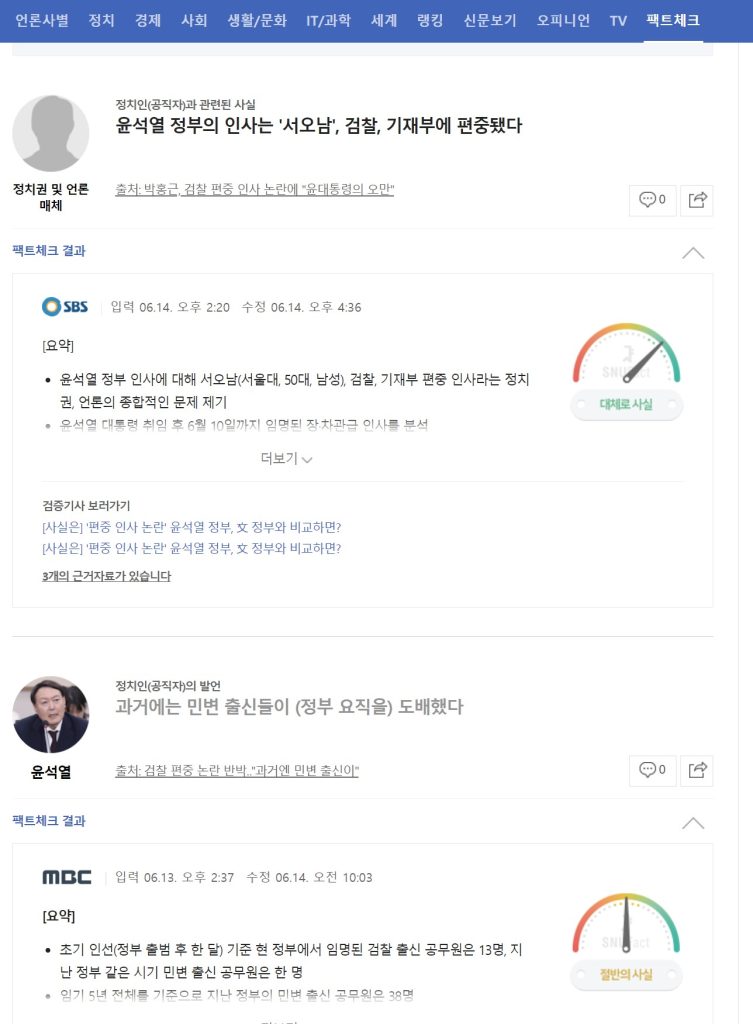
Source: SNU Fact Check Center website (https://factcheck.snu.ac.kr/)
The Corona Pandemic and Korean Media Fact-Check Reporting
The corona pandemic put to the test the fact-check reporting skills that had been cultivated up to that point. Many media outlets verified false information and disinformation about the new COVID-19 infection time after time, and fact-checked in detail the veracity of unproven information about vaccinations. The “Korea Fact Check Award” (established by the Journalists Association of Korea15 and the SNU Fact Check Center) for 2022 was given to a special report mainly verifying fake news about vaccines.16 In 2020, there were numerous fact-checking reports in the Korean media that reviewed the COVID-19 situation in Japan, focusing on the low number of tests as discussed above.17 Japanese readers who can read Koreans, at least, did not supposedly welcome the situation at that time.
In October 2021, the author of this paper wrote a fact-check article to verify various conspiracy theories raised in South Korea in response to the slowdown of reported infections in Japan.18 At the time, there were many rumors in Korea that the Japanese government was intentionally adjusting the number of tests in preparation for the upcoming general election. However, according to various data in Japan (especially statistics from academic societies not compiled by the government), the author’s conclusion was that there was little basis for this claim.
In this manner, various claims are currently being verified in Korea in real time in the space of free speech. In addition, anyone can easily access fact-check reports. The Korea Press Association, the Korea Federation of Broadcasting Press, the Korea Federation of Producers (PD), and others jointly established “Fact Check Net” in 2020, which also provides education for the general public.19 Recently, the efforts of the Korean media have been introduced in Japan,20 and fact-checking is not simply limited to the field of journalism, but is also being valued from the perspective of security.21
In Japan, although the Mainichi Shimbun22 and other newspapers are conducting fact-checking reports, they are lacking in both quantity and quality. In particular, there are no Japanese media outlets that have adopted IFCN’s norms.23 Although the Fact Check Initiative (FIJ), an independent media organization specializing in fact-checking, has been actively promoting fact-checking, the Japanese media are far behind Taiwan and South Korea in terms of the number of articles they report overall (Figure 3).24 This may be due in part to the distance between Japanese media and politicians, and differences in journalism. However, in an era of growing distrust in the media and threats of “information warfare,” the Japanese media should positively consider the comprehensive introduction of fact-checking reporting.
Figure 3: Number of Fact-Checked Articles in Japan, South Korea, and Taiwan (2017–2022)
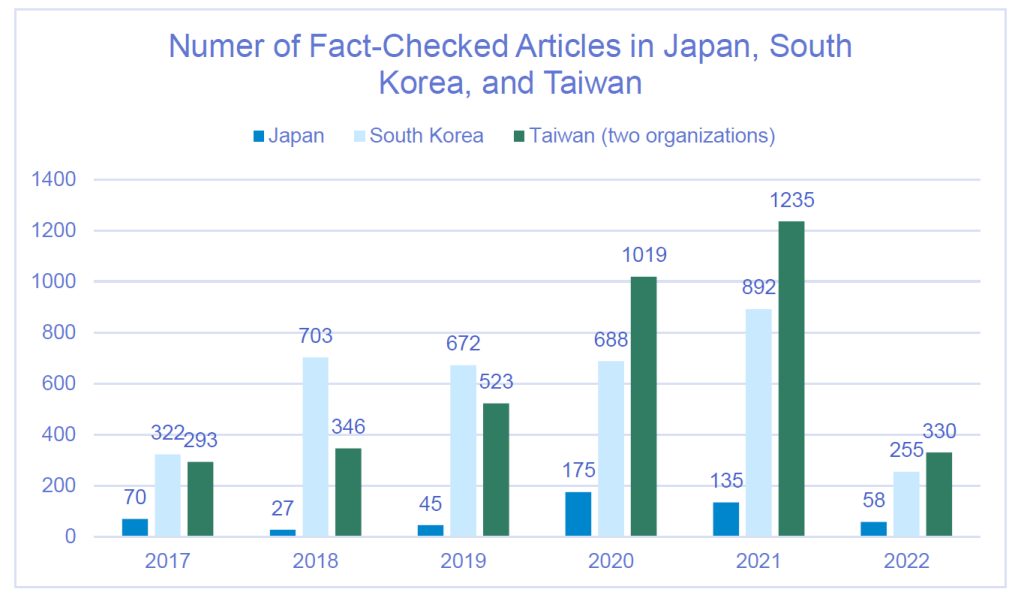
Compiled and prepared by the FIJ Office, as publicly available up to March 31, 2022.
Source: “Have Japan’s Fact-Checking Activities Revitalized?”, FIJ (April 21, 2022)
<https://fij.info/archives/10713> (accessed on June 20, 2022)
【Translation】
Michał Skubisz (Master’s Student, School of International and Public Policy, Hitotsubashi University)
1. Misinformation in this paper refers to information with little basis that is unrelated to the intent of the source. Disinformation refers to misinformation disseminated with intent (mainly malicious intent). Misinformation can turn into disinformation through the intentional transmission of information by internal and external political forces, individuals, and so on.
2. StopFake. <https://www.stopfake.org/en/main/> (accessed on June 17, 2022).
3. “PCR-Test to Know with Certainty: ‘Do Not Go to Hospital for Proof of Non-infection,’” Asahi Shimbun Digital (March 25, 2020). <https://www.asahi.com/articles/ASN3S4J20N3CULBJ005.html> (accessed on June 17, 2022).
4. Twitter account of Riko Muranaka (March 19, 2020). <https://twitter.com/rikomrnk/status/1240549404739682304?s=20&t=PjJ7MDIjrXXKXZwfftemOw> (accessed on June 17 2022).
5. “Free PCR and Other Testing Program,” Tokyo Metropolitan Bureau of Social Welfare and Public Health. <https://www.fukushihoken.metro.tokyo.lg.jp/iryo/kansen/kensa/kensasuishin.html> (accessed on June 17, 2022).
6. “Prime Minister Abe’s Press Conference on the Novel Coronavirus Disease,” Prime Minister’s Office (May 25, 2020).
<https://www.kantei.go.jp/jp/98_abe/statement/2020/0525kaiken.html> (accessed on June 17, 2022).
7. Lucas Graves, Deciding What’s True: The Rise of Political Fact-Checking in American Journalism (New York: Columbia University Press, 2016).
8. The three major fact-checking media outlets in the United States are “Factcheck.org” <https://www.factcheck.org/>, “Politifact” <https://www.politifact.com/>, and the “Washington Post Fact Checker” < https://www.washingtonpost.com/news/fact-checker/>.
9. JTBC뉴스룸 팩트체크 제작팀 (JTBC Newsroom Fact Check Production Team), 세상을 바로 읽는 진실의 힘 팩트체크 (The Power of Truth to Read the World Right: Fact Check) (중앙Books, 2016).
10. Twitter account of Bill Adair (August 5, 2015). <https://twitter.com/billadairduke/status/628908160024211456> (accessed June 20, 2022).
11. Duke Reporters’ Lab, “Fact Checking”. <https://reporterslab.org/fact-checking/> (accessed on June 20, 2022).
12. “Fact Checking of Political Statements Expands Dramatically Overseas” The Washington Post (October 14, 2015). <https://www.washingtonpost.com/news/fact-checker/wp/2015/08/14/fact-checking-of-political-statements-expands-dramatically-overseas/> (accessed on June 20, 2022).
13. “2017년은 팩트체크 대중화 원년,” NEWSTOF (June 8, 2017). <http://www.newstof.com/news/articleView.html?idxno=108> (accessed June 20, 2022).
14. International Fact-Checking Network. <https://www.poynter.org/ifcn/> (accessed on June 20, 2022).
15. In Korean, the Association’s name indicates not only journalists but media as a whole.
16. Journalists Association of Korea. “제5회 ‘한국팩트체크대상’ 시상식 열려” (March 29, 2022).
<http://m.journalist.or.kr/m/m_article.html?no=51266> (accessed on June 20, 2022).
17. “[팩트체크] 한일 코로나19 확진자 차이에 검사시스템 변수?” Yonhap News (February 26, 2020).
<https://www.yna.co.kr/view/AKR20200226176700502> (accessed on June 20, 2022).
18. “일본 확진자 급감소, 스가의 ‘총선용 선물’인가 음모모론인가,” NEWSTOF (October 15, 2021).
<http://www.newstof.com/news/articleView.html?idxno=12202> (accessed on June 20, 2022).
19. FactCheckNet. <https://factchecker.or.kr/fc_archives/press?page=3&tag=%EC%98%A4%EC%84%B8%ED%9B%88> (accessed June 20, 2022).
20. “Fast Spread of Mis- and Disinformation: Urgent Need for Media Cooperation to Enhance Fact Checking,” Asahi Shimbun Digital (June 10, 2022). <https://digital.asahi.com/articles/DA3S15320359.html?_requesturl=articles%2FDA3S15320359.html&pn=2 > (accessed on June 20, 2022).
21. “Policy Proposal for the ‘Ensuring Japan’s Cyber Security’ Project: ‘Prepare for Foreign Disinformation! ~The Threat of Information Manipulation in Cyberspace~’,” The Sasakawa Peace Foundation (February 7, 2022). <https://www.spf.org/security/publications/20220207_cyber.html> (accessed on June 20, 2022).
22. “Fact-Check Series,” Mainichi Shimbun, Mainichi Shimbun Fact Check. <https://mainichi.jp/ch191047912i/%E3%83%95%E3%82%A1%E3%82%AF%E3%83%88%E3%83%81%E3%82%A7%E3%83%83%E 3%82%AF> (accessed on June 20, 2022).
23. “Verified Signatories of the IFCN Code of Principles.” <https://ifcncodeofprinciples.poynter.org/signatories> (accessed on September 10, 2022).
24. “Have Japan’s Fact-Checking Activities Been Revitalized?,” FIJ (April 21, 2022). <https://fij.info/archives/10713> (accessed June 20, 2022).
Specially Appointed Researcher at Rikkyo University Peace Community Research Organization and Visiting Fact Checker at NEWSTOF (South Korea). Former reporter for Mainichi Keizai Shimbun (Korea). Doctor of Law from Hitotsubashi University.
